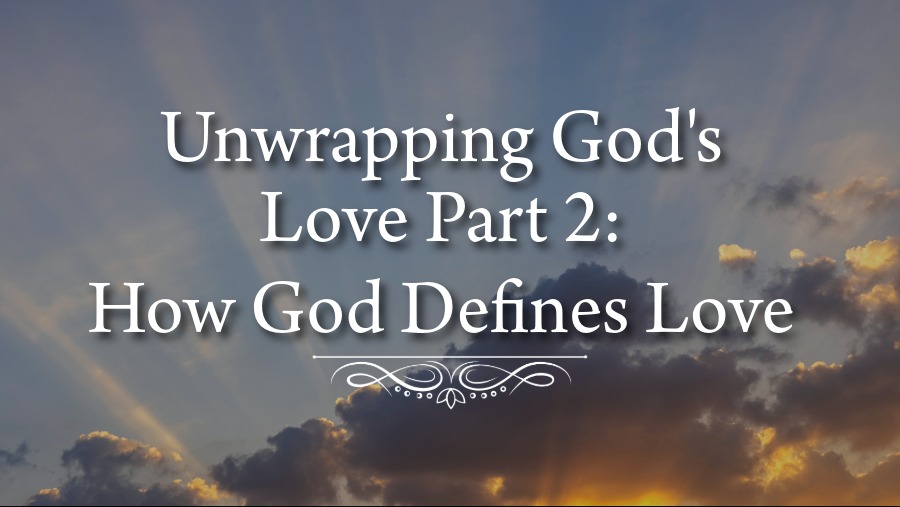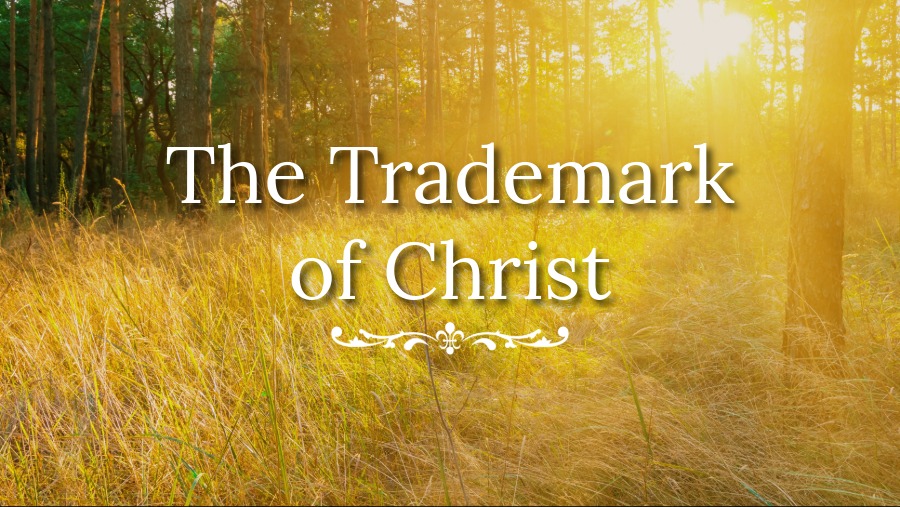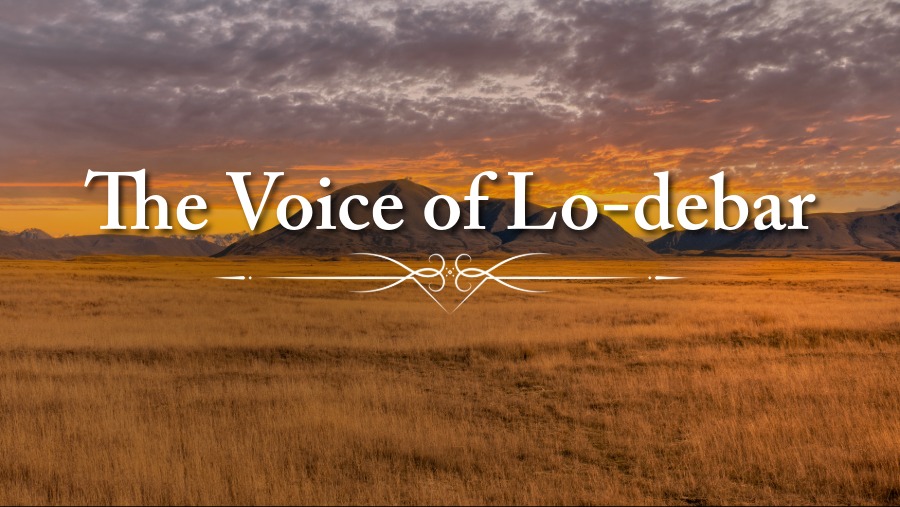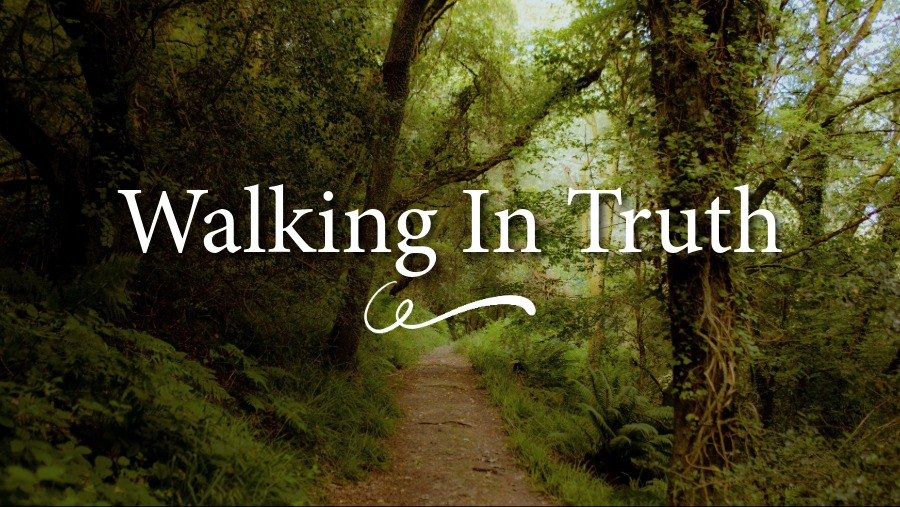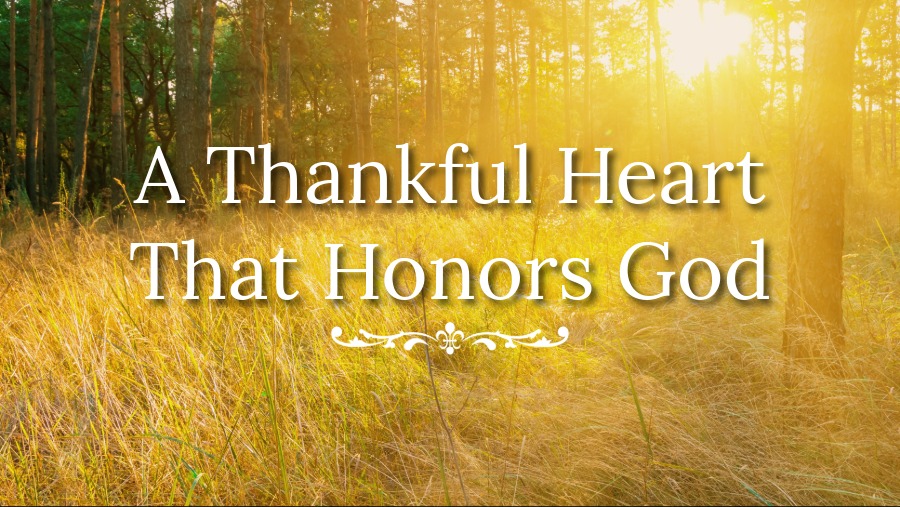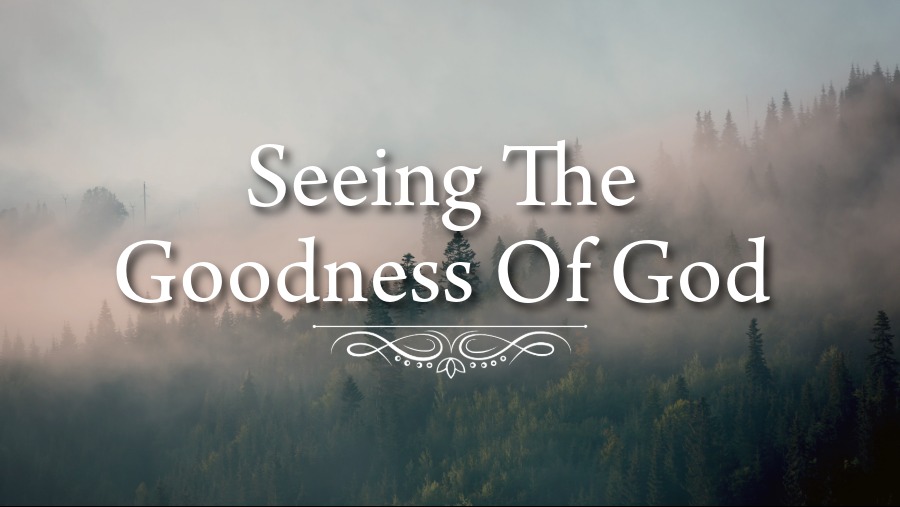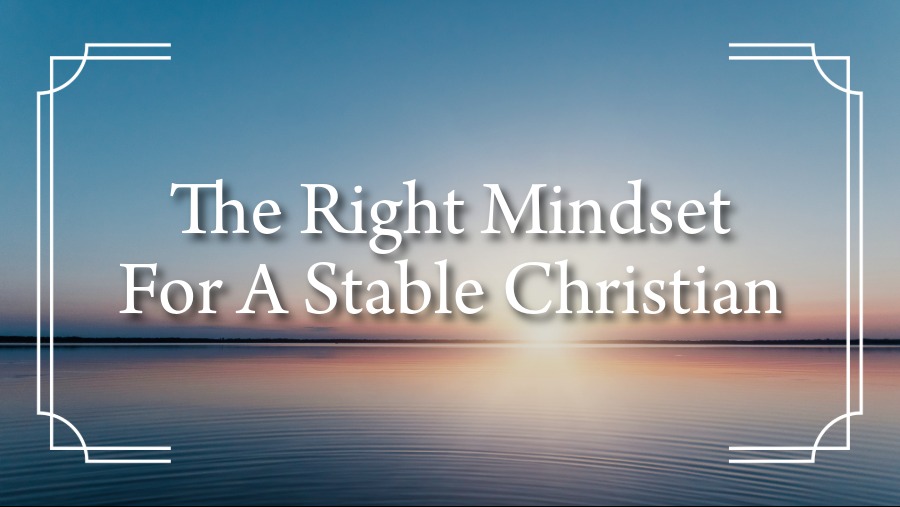
Ask The Pastor (10.30.2024)
In this session of Ask the Pastor, a variety of questions were addressed, ranging from the significance of Halloween to biblical perspectives on ghosts, polygamy, sin, and salvation.
Halloween and Its Spiritual Implications
The first question explored why Christians often avoid celebrating Halloween. The pastor highlighted Halloween’s ties to paganism and the occult, referencing Anton LaVey, the founder of the Church of Satan, who once stated his approval of Christians participating in Halloween. He explained that many costumes and themes traditionally associated with Halloween are rooted in darkness and wickedness. Drawing on 1 Thessalonians 5:22, which advises believers to “abstain from all appearance of evil,” he encouraged Christians to focus on activities that align with biblical values. Alternatives like Trunk or Treat were noted as ways for children to enjoy festivities without engaging in potentially questionable practices.
Ghosts and the Paranormal
A question about the Bible’s stance on ghosts led to a discussion about the spiritual realm. The pastor emphasized that the Bible does not support the idea of disembodied spirits lingering on Earth. Instead, upon death, the soul goes immediately to its eternal destination. While some instances, such as Saul consulting the witch of Endor, demonstrate interactions with spirits, these are rare exceptions and often involve demonic influences. He warned against romanticizing or fearing ghosts, as Scripture assures Christians that the Holy Spirit protects them from evil spirits.
Polygamy and Cultural Context
The discussion then turned to why biblical figures like David and Solomon had multiple wives. The pastor explained that polygamy was culturally necessary in ancient times due to a gender imbalance and the need for societal stability. However, it was not God’s original plan, as demonstrated by the creation of one man and one woman in Genesis. He clarified that polygamy was tolerated but not endorsed by God and became explicitly prohibited in the New Testament.
The Fall of Man and God’s Plan
Addressing why God allowed the serpent into the Garden of Eden, the pastor explained that it was part of God’s plan to give humanity free will. By allowing Adam and Eve to choose, God provided an opportunity for genuine love and obedience. The fall introduced sin into the world, but it also paved the way for redemption through Christ. The pastor emphasized that while sin brings temporary pleasure, it ultimately leads to consequences, reinforcing the need for a relationship with God.
Cain and Abel: Religion vs. Relationship
The story of Cain and Abel illustrated the difference between religious actions and a genuine relationship with God. While Cain brought an offering of his labor, it was not what God required, unlike Abel’s obedient and sacrificial offering. This highlighted the importance of following God’s commands rather than relying on personal preferences or efforts.
Assurance of Salvation
In response to a question about how to know for sure if one is saved, the pastor referenced 1 John, emphasizing that true salvation is evident through a transformed life and the fruit of the Spirit. A Christian’s life should be characterized by light rather than darkness, though struggles and shadows may persist. He warned against claiming salvation while living in willful sin, calling for self-examination and a heart aligned with God’s will.
Closing Thoughts
The session concluded with a reflection on God’s restorative power. Biblical examples like Rahab, who overcame her past to become part of Jesus’ lineage, demonstrate that no one is beyond redemption. The pastor urged listeners to focus on their relationship with God, striving for spiritual growth and living in alignment with His word.
This engaging Q&A encouraged viewers to examine their faith, reflect on their actions, and grow in their relationship with God.


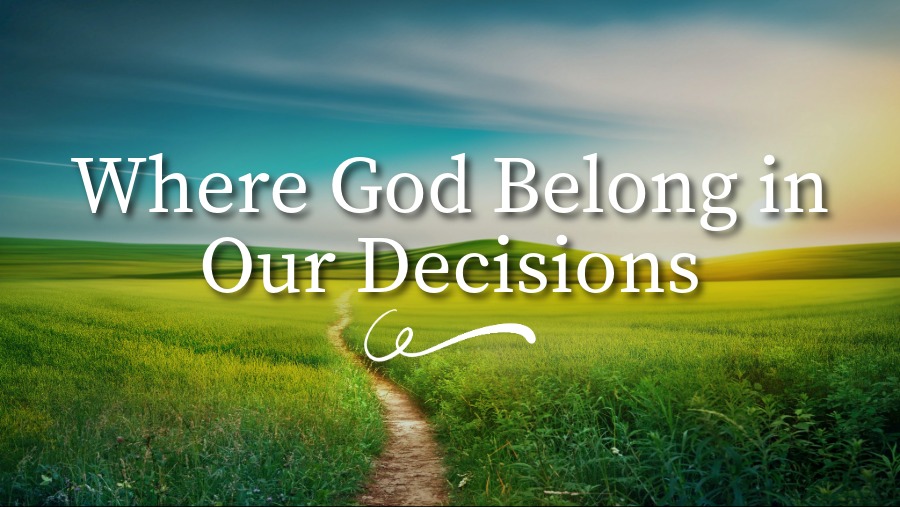
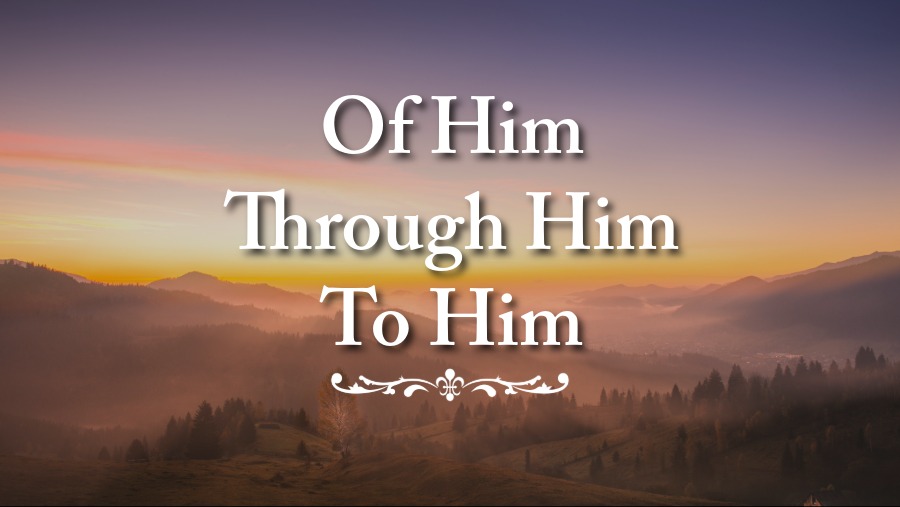
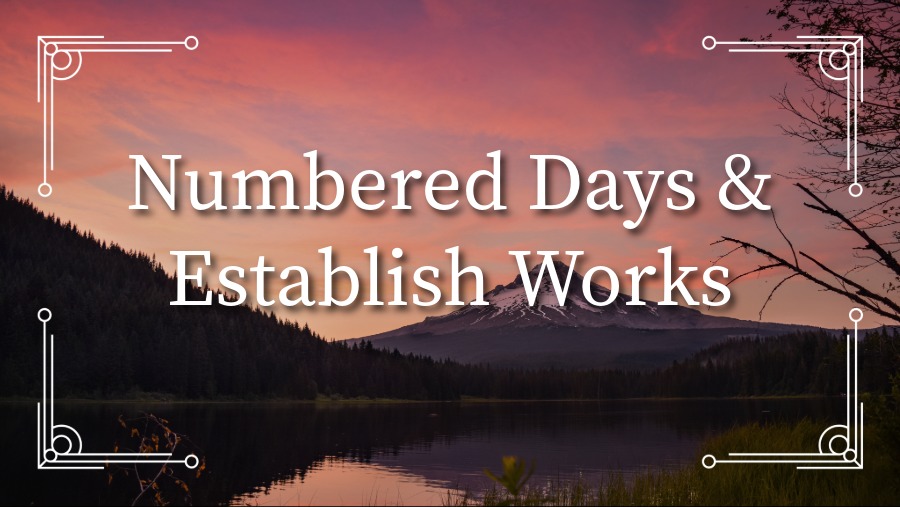
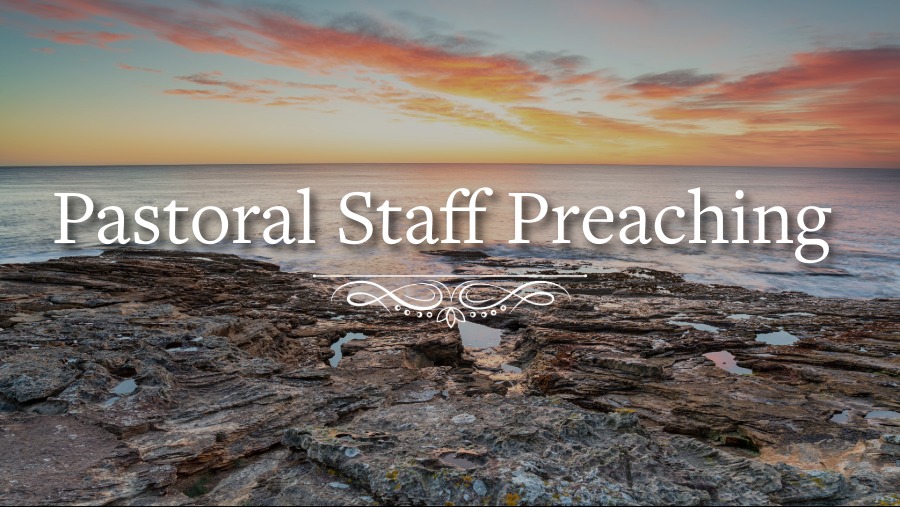

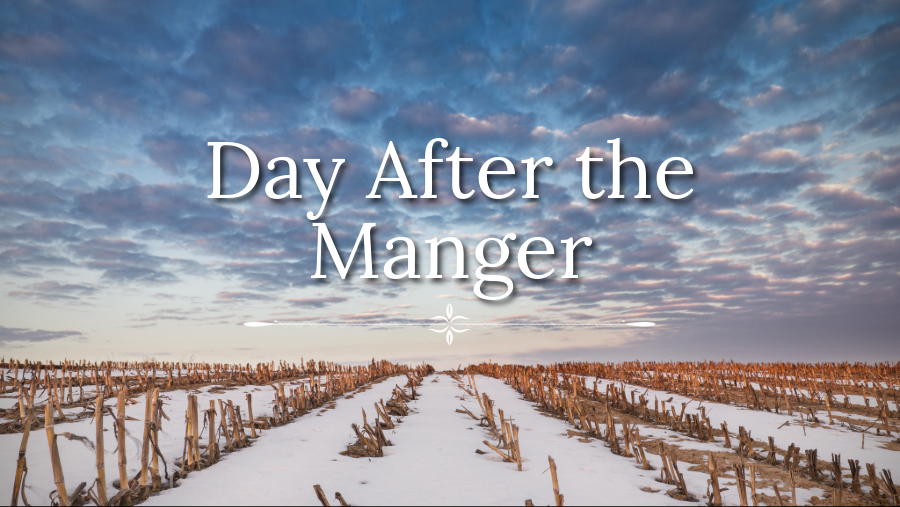

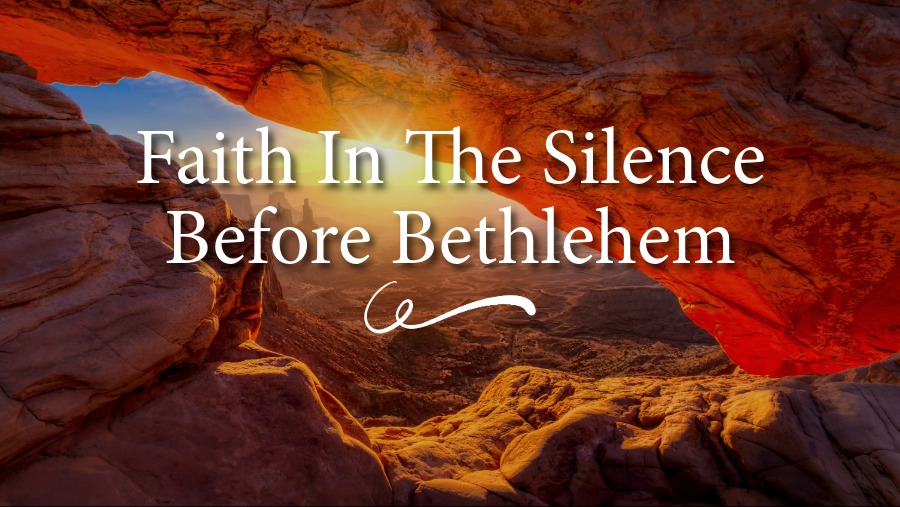
.jpeg)
